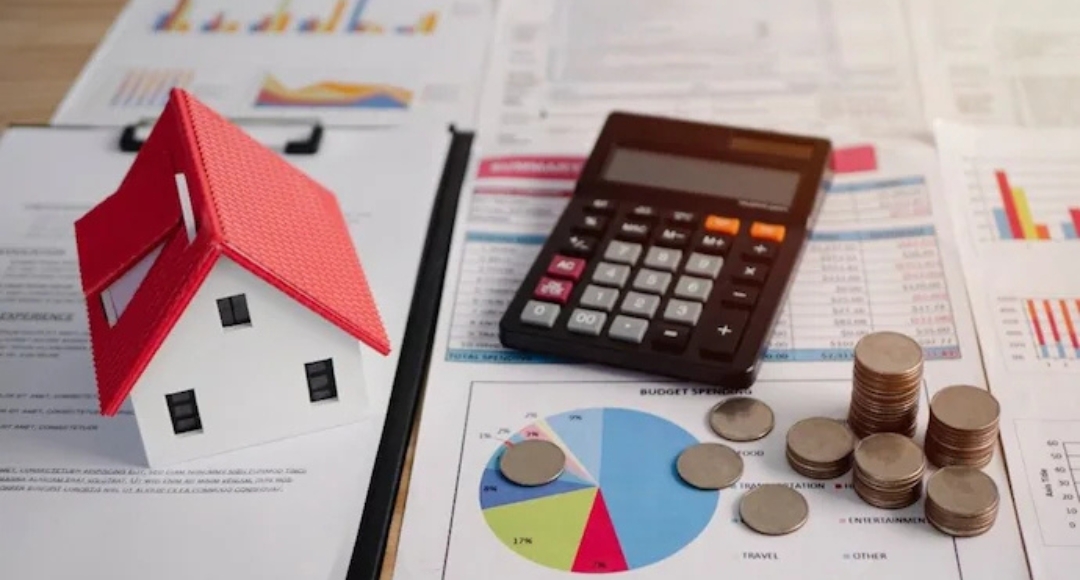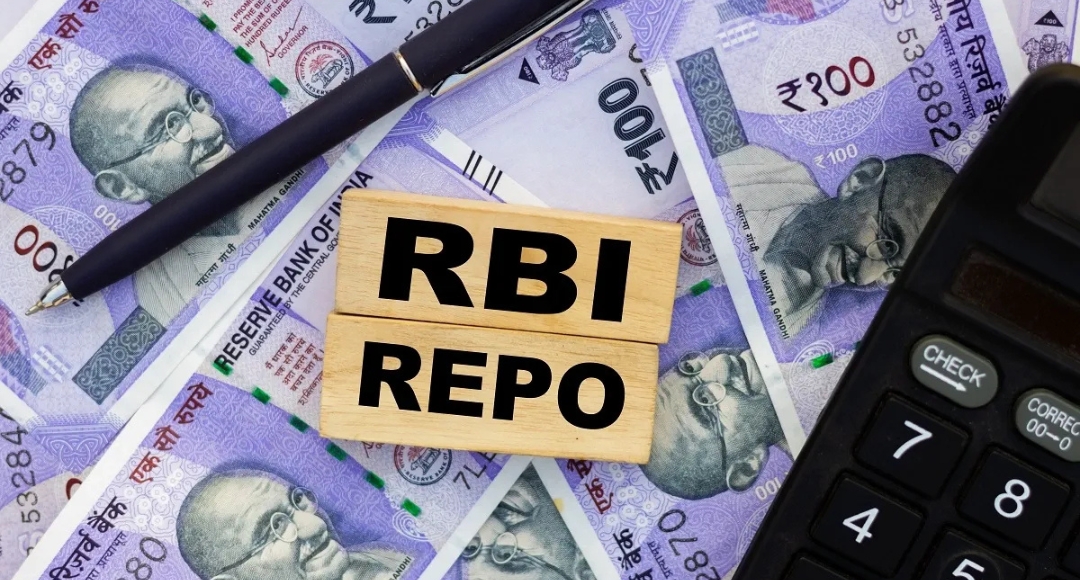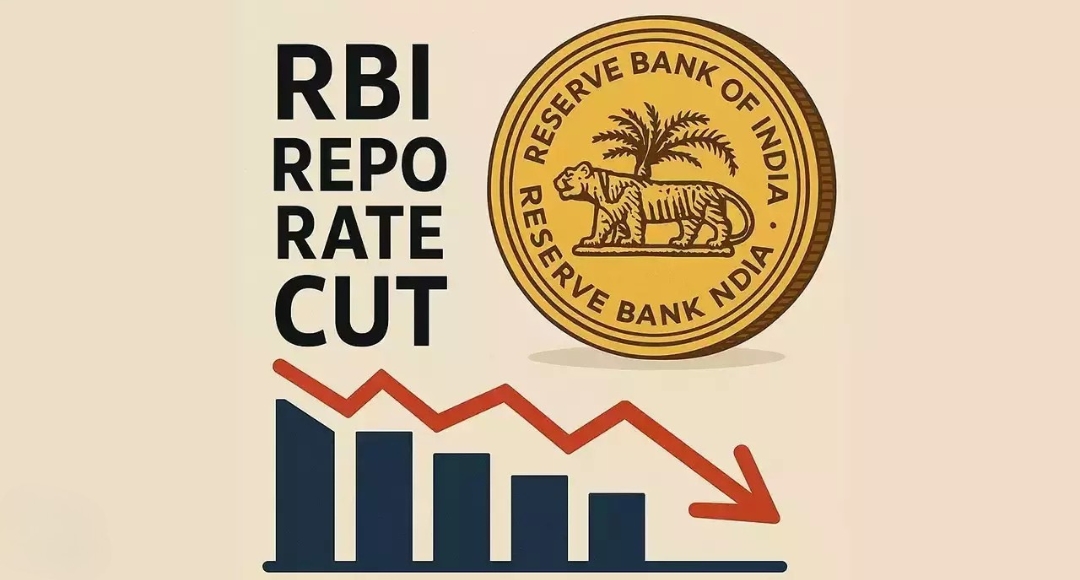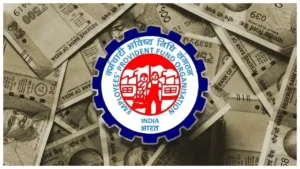Repo Rate: The Reserve Bank of India has reduced the repo rate to 6%, giving big relief to borrowers and businesses. After cutting it from 6.5% to 6.25% in February, RBI has now made another 0.25% cut in April 2025. Governor Sanjay Malhotra shared the good news on April 9.
Another Bold Step From the RBI

This marks the second back-to-back rate cut within the same financial year, sending a strong signal that the RBI is now ready to support economic growth more actively. The tone of the monetary policy has also changed from “neutral” to “accommodative”, meaning the central bank is now open to further rate cuts if inflation remains under control and economic recovery needs additional support.
What Exactly Is the Repo Rate
The repo rate is not just a technical term; it directly affects how much interest we pay on loans or earn on deposits. It is the rate at which commercial banks borrow money from the RBI for short periods by pledging government securities. When the repo rate is reduced, it becomes cheaper for banks to borrow money, and in turn, they can offer loans to consumers and businesses at lower interest rates.
How This Decision Impacts You and the Economy
This cut is expected to have a positive ripple effect across the economy. People looking to buy homes, cars, or fund personal expenses will likely see a drop in interest rates on their loans. Similarly, small businesses and corporations may find it easier to borrow and invest, leading to job creation and economic momentum. The RBI has taken this decision keeping in mind signs of slowing economic growth and easing inflationary pressure, both of which allow room for rate flexibility.
Inside the Monetary Policy Committee’s Decision
Governor Malhotra emphasized that the decision was taken unanimously by the Monetary Policy Committee (MPC) after a thorough discussion and evaluation of current economic indicators. The April meeting is the first of six policy reviews scheduled for the 2025–26 financial year. The next MPC meetings are lined up for June, August, October, December, and February 2026.
Why RBI Cuts or Raises the Repo Rate

The story behind repo rate decisions goes deeper than just numbers. When inflation rises and markets are overheated, RBI increases the repo rate to control spending and curb excess cash flow. But when growth is weak and inflation is low, reducing the repo rate makes loans cheaper, encouraging people and businesses to spend more thus boosting the overall economy.
A Sign of Hope for Borrowers and Businesses
This recent rate cut gives a hopeful signal, especially for common people who dream of owning a house or starting a business, and for the economy at large, which needs every push it can get in uncertain times.
Disclaimer: This article is for informational purposes only and should not be considered financial advice. For personal investment or loan decisions, always consult with a qualified financial advisor.
Also Read
Gold Prices Decline: Latest Rates for Various Karats
Vodafone Idea’s Stunning Comeback What’s Driving the Stock Surge
7th Pay Commission: Anticipation Builds as DA Hike Looms for Central Employees
























